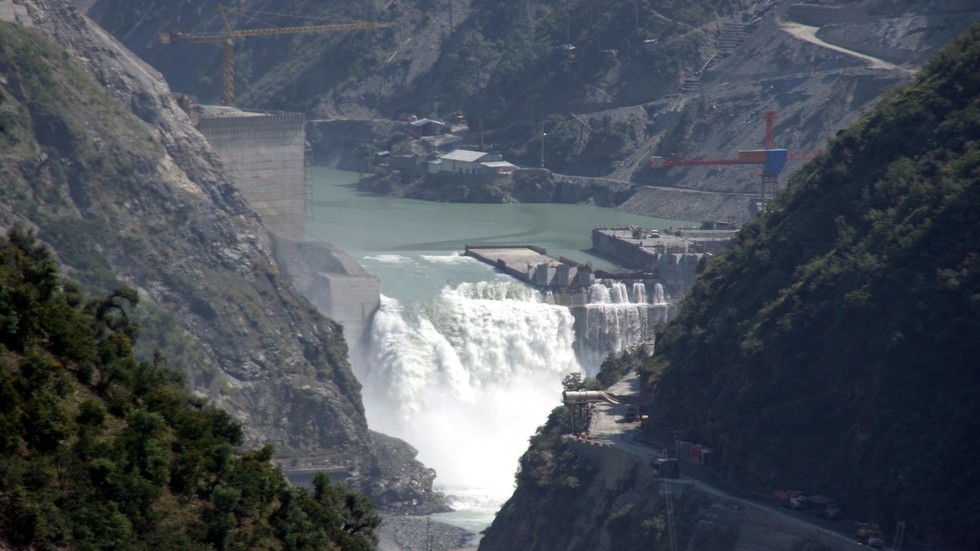Alwaght- India has reiterated claims it is building dams to shut off its share of the water supply to Pakistan-controlled Kashmir in response to the February 14 terrorist attack in Pulwama which killed 40 paramilitary soldiers.
The bombing in the Indian-controlled Kashmir was claimed by the so-called Jaish-e-Mohammad (JeM) which operates out of Pakistan. It was the deadliest attack on Indian soldiers since the Kashmiri insurgency began in 1989. India has accused its neighbor of not doing enough to rein in extremist insurgents operating within its borders while Pakistan denies any involvement.
A war of words has ensued in the aftermath and now Indian Water Resources Minister Nitin Gadkari has said his country will harness the water supply from rivers that flow through Kashmir for use in Indian states.
In a fiery response, Pakistan's Federal Minister for Water Resources Faisal Vawda pulled no punches with a threatening series of tweets that touted the strength of Pakistan’s army.
Pakistani Foreign Minister Shah Mahmood Qureshi took a more measured approach but still emphasised how high the stakes are.
“This is an act of war and after seeing all these irresponsible statements of Indian leaders, I have written a letter to the secretary-general of the United Nations apprising him of Indian threats,” he said.
Secretary of Pakistan’s Ministry of Water Resources Khawaja Shumail said it will “raise objections strongly” if India violates the Indus Waters Treaty of 1960.
The treaty, brokered between the rival nations by the World Bank, ostensibly insures the unimpeded flow of the Chenab, Indus and Jhelum rivers into Kashmir and beyond into Pakistani territory. The treaty has held even in spite of three wars between the two nations since 1965.
This latest threat could cause a catastrophe for hundreds of millions of people, whose lives depend of river water, in both sides of the border.
Kashmir is divided between rivaling nuclear powers India and Pakistan, who both claim the territory in its entirety.
The majority of the people in the Muslim-dominant region support the militants who demand either independence or a merger with Pakistan, often participating in civilian street protests against Indian control.
Over the years, violence between the two sides has resulted in the death of nearly 70,000 people, mostly civilians.
New Delhi accuses Islamabad of arming and training the autonomy-seeking militants. Pakistan strongly rejects the claim.
The nuclear-armed neighboring countries fought several wars over the region since their partition and independence from Britain in 1947.



























